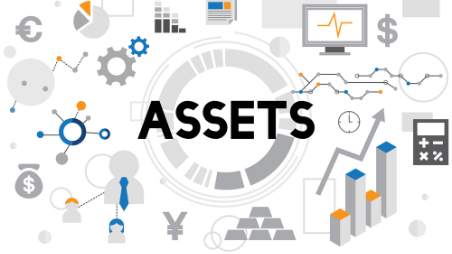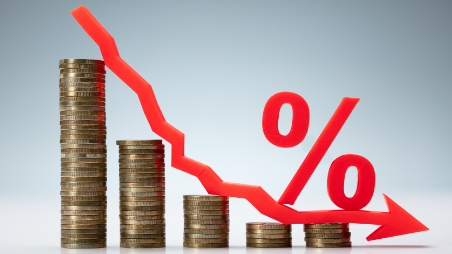The safety of an asset is often defined by our view of what we believe its near term performance will look like. Few clients are willing to commit to a ten year hold on an investment. However, many clients can become skittish about what may happen to the markets over the next few months, and suggest temporarily moving to cash to protect their assets.
The safety of an asset is not necessarily based on its historical performance, but your perception of how that asset will behave over the short term. History tells us that the LEAST significant time periods in which to judge investments are generally a year or less.
In the current interest rate environment, bank accounts earn essentially nothing. Gold is only worth what someone else will pay you for it, since it has no earnings. Many people perceive these assets as safe, but is that really the case?
One measure of safety is the ability of your portfolio to meet your goals, on your timetable. What happens to the value of your portfolio in the meantime is largely irrelevant. Safety, to many investors, is knowing that they will be financially independent at some point in their lives. Furthermore, safety is knowing that if your health deteriorates, or some other interruption to your “plan” occurs, you will be able to maintain your financial independence.
Warren Buffett cautions investors not to confuse volatility with risk. He defines risk as the likelihood of you being unable to achieve your goals. His belief is that the best way for an investor to achieve their goals is to hold shares of great corporations. He further believes that an investor who cannot tolerate a 50% decline in the value of a stock should not buy it in the first place.
His advice recognizes that volatility is the price investors pay for the opportunity to achieve their long-term goals. Should we forget that concept, and begin confusing volatility with risk, is when we are prone to make investment mistakes. Low volatility assets such as cash serve as an essential tool in protecting assets that you will need in the short-term, from market volatility.
Assets that may seem safe in the short-term will likely undermine your goals in the long-term. Keeping that in mind may help you to keep your eye on your long-term goals, when the markets begin to swing again.
Deprecated: preg_replace(): Passing null to parameter #3 ($subject) of type array|string is deprecated in /home/ogorek_dev_minerva/ogorek.minervawddev.com/wp-includes/kses.php on line 1805
PLEASE SEE IMPORTANT DISCLOSURE INFORMATION HERE.




